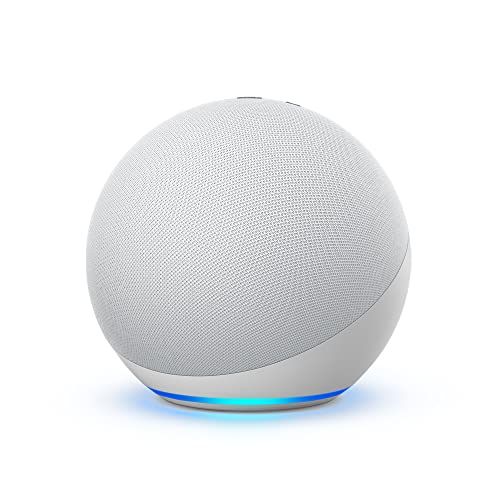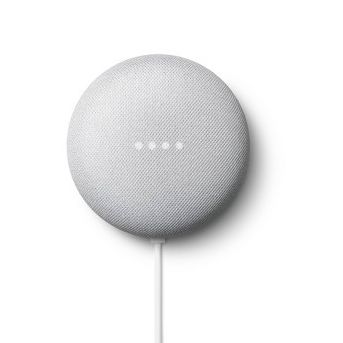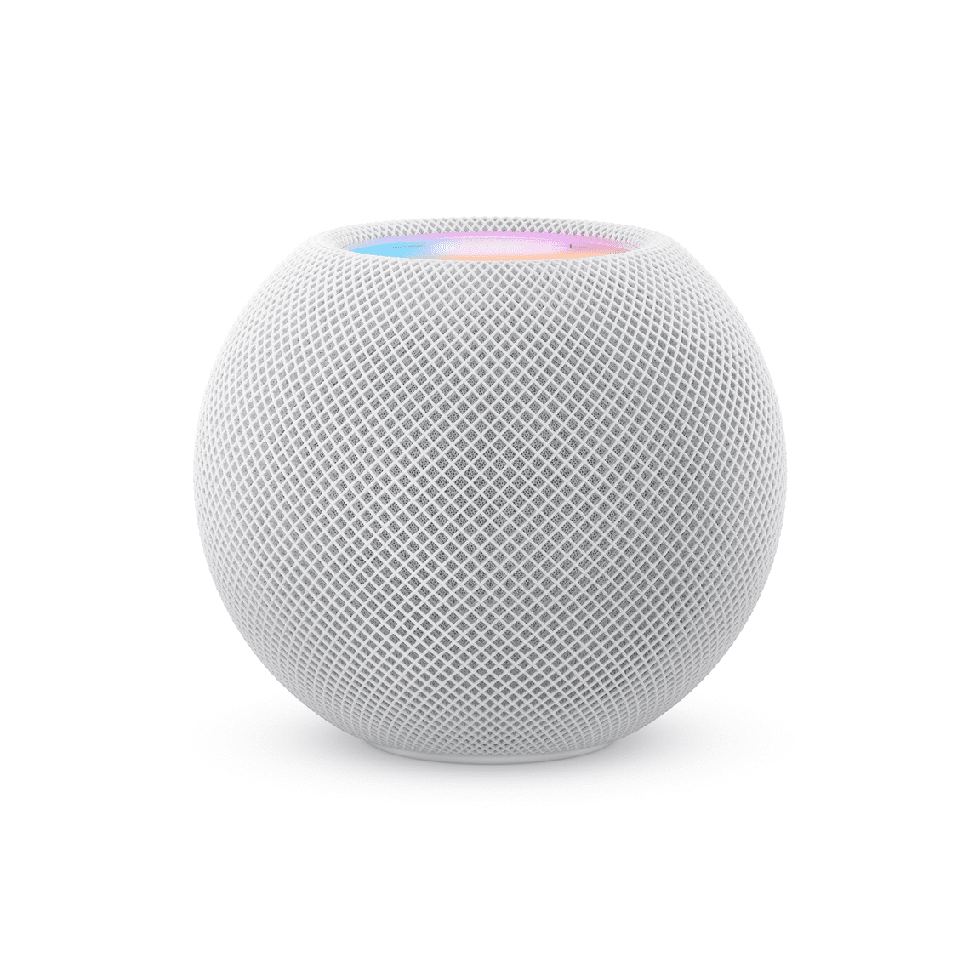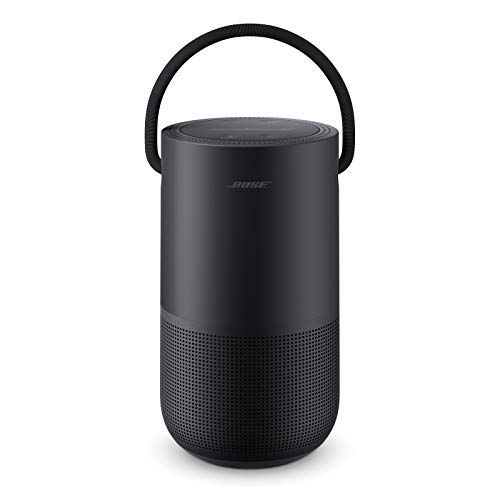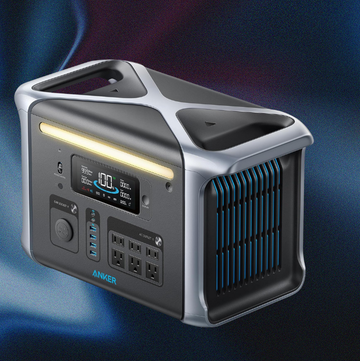6 Best Smart Speakers, According to Our Testing
Turn your speaker into a personal assistant with these top-performing picks.

We've been independently researching and testing products for over 120 years. If you buy through our links, we may earn a commission. Learn more about our review process.
While a classic wireless speaker is leagues beyond streaming your favorite artist on Spotify through your phone's speakers, why not get the most bang for your buck? Smart speakers deliver high quality audio while offering you additional utility.
Built-in digital voice assistants can set timers, answer questions like "What's the weather forecast for tomorrow?" and even control your other smart home devices, all through hands-free voice control. The best smart speakers deliver on great sound while offering additional functionality that's compatible with your smart home ecosystem, whether it's Amazon Alexa, Google Home or Apple HomeKit.
Our top picks:
The Good Housekeeping Institute tests hundreds of tech products and smart devices annually in its Media & Tech Lab, ranging from smart refrigerators and smart air conditioners to smart locks and smart home security cameras. The Media & Tech Lab has reviewed over two dozen different smart speakers in the past year to find the best ones, looking at sound quality, ease of setup and connectivity, how well they play with other devices in the smart home domain and appearance. We use both in-Lab testing and home testing to see how these speakers perform head-to-head and in real life use.
Read on after our picks for a thorough look at how we evaluate smart speakers, what to look out for when shopping for one and why you can trust Good Housekeeping.
Jamie Ueda is a consumer products expert with over 17 years of experience in areas of product development and manufacturing. She has held leading roles at both mid-size consumer goods companies and one of the most notable and largest apparel brands in the world. Jamie has contributed to several of the GH Institute Labs, including Kitchen Appliances, Media and Tech, Textiles and Home Appliances. In her free time she enjoys cooking, traveling, and working out.
Alec Scherma (he/him) is the Good Housekeeping Institute’s test engineer, where he helps to create and implement new product testing methodology across home, cooking and cleaning appliances, wellness, tech products and more. He graduated from Drexel University’s College of Engineering with a B.A. in mechanical engineering.

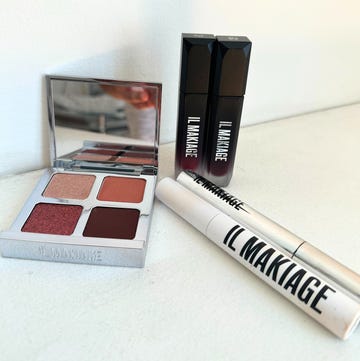
How Il Makiage Won Me Over in Just a Week

How to Save 20% on Our Top-Tested Saatva Mattress
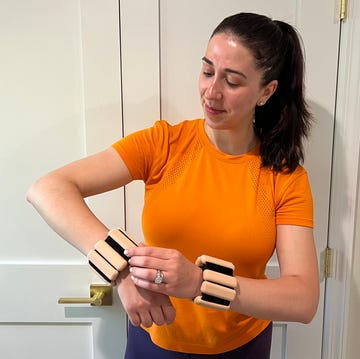
Bala Bangles Review: A Trainer's Perspective
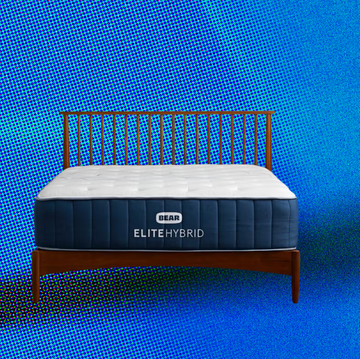
The Best King Size Mattresses
